Home>Ideas and Tips>Mystic Makeover Feng Shui For Modern Homes
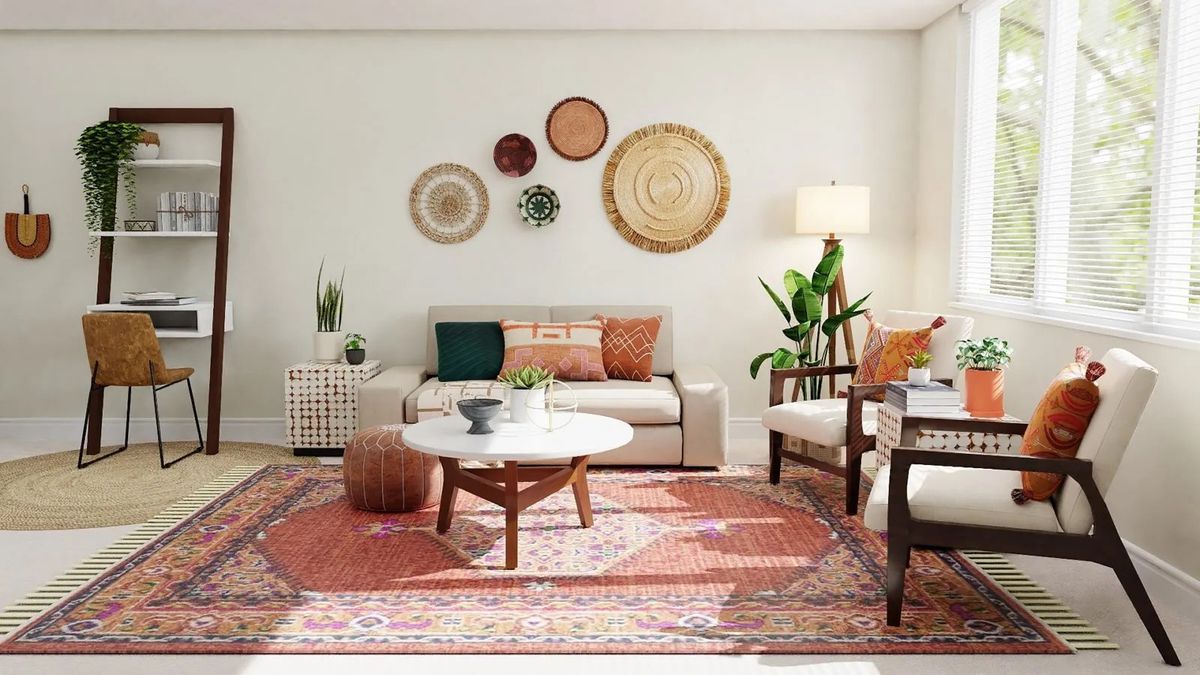

Ideas and Tips
Mystic Makeover Feng Shui For Modern Homes
Modified: November 2, 2024
Discover how to harmonize your living space with Feng Shui principles. Enhance well-being and positivity in your modern home with these practical tips.
(Many of the links in this article redirect to a specific reviewed product. Your purchase of these products through affiliate links helps to generate commission for Storables.com, at no extra cost. Learn more)
In the quest for a harmonious living space, many of us turn to various design philosophies to create an environment that promotes positivity and well-being. One such ancient practice that has been gaining popularity in recent years is Feng Shui. This Chinese art of spatial arrangement aims to balance and harmonize the energies in a given space, thereby enhancing the quality of life for its occupants. In this article, we will delve into the principles of Feng Shui, explore its application in modern homes, and provide practical tips on how to incorporate these timeless principles into your living space.
What is Feng Shui?
Feng Shui is an ancient Chinese philosophy that dates back over 3,000 years. The term itself translates to "wind" (Feng) and "water" (Shui), symbolizing the flow of energy or "chi" in a given environment. This concept is deeply rooted in the belief that the physical environment around us influences our lives, affecting everything from our health and happiness to our career success and relationships.
The Five Elements
Feng Shui operates on the principle of the five elements: earth, water, fire, wood, and metal. Each element has its own unique properties and energies, which are used to balance and harmonize the space. For instance:
- Earth: Stability and grounding.
- Water: Flow and transformation.
- Fire: Energy and passion.
- Wood: Growth and renewal.
- Metal: Clarity and precision.
Understanding these elements is crucial for applying Feng Shui principles effectively. By balancing these elements in your home, you can create an environment that supports your well-being and enhances your quality of life.
The Bagua Map
One of the most powerful tools in Feng Shui is the Bagua map. This map is superimposed over your floor plan to identify different areas of your life, such as wealth, relationships, and career. Each area corresponds to a specific part of the Bagua map:
- Wealth and Prosperity: Located at the back of the house.
- Relationships: Located in the southwest area.
- Career: Located in the north area.
- Health: Located in the east area.
- Family: Located in the south area.
By applying Feng Shui principles to these areas, you can enhance specific aspects of your life.
Command Position
The command position is a fundamental concept in Feng Shui that refers to the placement of furniture and yourself within a room. Ideally, you should position yourself in a way that you have control over the entrance but are not directly in line with it. This position allows you to feel secure and in control while also allowing positive energy (chi) to flow into the room without being obstructed.
Example: Living Room
Imagine sitting in your living room. Ideally, you would place your furniture so that you have a clear view of the door but are not directly facing it. This positioning helps you feel secure while allowing chi to flow freely into the room.
Example: Bedroom
In a bedroom, it's best to place your bed away from the door but not directly under a window. This placement ensures that you are not exposed to drafts or negative energy entering through the window.
Decluttering and Organization
Clutter is one of the biggest obstacles to achieving harmony in your home according to Feng Shui principles. Cluttered spaces can stagnate chi, leading to feelings of anxiety and disorganization. Here are some tips for decluttering and organizing your space:
- Sort and Purge: Go through each room and sort items into categories (keep, donate, discard). Be ruthless about getting rid of items you no longer need or use.
- Assign a Place: Once you've purged your belongings, assign a specific place for each item. This helps maintain order and prevents clutter from building up again.
- Use Storage: Utilize storage solutions like drawers, shelves, and cabinets to keep items off the floor and out of sight.
Kitchen Feng Shui Tips
The kitchen is one of the most important rooms in Feng Shui as it is associated with nourishment and health. Here are some tips for enhancing your kitchen's Feng Shui:
- Stove Placement: Place your stove at the back of the kitchen to avoid creating a clash between fire (stove) and water (sink).
- Sink Placement: Avoid placing your sink next to the stove as this can create negative energy.
- Add Plants: Adding plants between the stove and sink can mediate between these two elements.
- Metal Accents: Incorporate metal accents like utensils or appliances to promote productivity.
- Color Scheme: Use colors like yellow, green, or blue on surfaces like table linens or walls to enhance creativity and relaxation.
Home Office Feng Shui Tips
A well-designed home office is crucial for productivity and focus. Here are some Feng Shui tips for enhancing your home office:
- Command Position: Position your desk so that you face the door but have a solid wall behind you for support.
- Decluttering: Keep your desk clutter-free by only keeping items that contribute to your productivity.
- Natural Aesthetics: Choose a wooden desk that brings natural aesthetics to your workspace.
- Color Scheme: Use shades of yellow, green, or blue on walls or decor items to promote creativity and relaxation.
Bedroom Feng Shui Tips
A bedroom should be a sanctuary where you can rest and recharge. Here are some Feng Shui tips for enhancing your bedroom:
- Bed Placement: Avoid placing your bed directly under a window or next to the door.
- Avoid Clashing Colors: Steer clear of clashing colors like red in the bedroom as it can disrupt sleep patterns.
- Add Plants: Incorporate plants near windows to energize the space.
Modern Applications of Feng Shui
While Feng Shui originated centuries ago in China, its principles remain highly relevant today. Modern practitioners like Cliff Tan have adapted these ancient principles to suit contemporary living spaces.
Cliff Tan's Approach
Cliff Tan, a Singaporean architect with over 2 million followers on TikTok (@DearModern), has made Feng Shui accessible to a new generation. He emphasizes that Feng Shui is not just about mystical practices but about making the most of your space:
"Feng Shui is just about making the most of your spaces, no matter how awkward or small, or whether you own or rent," Tan says in one of his videos.
Tan's approach involves practical tips such as:
- Clear Entrance: Ensure that the entrance to your home remains clear and welcoming to positively influence chi.
- Address Unattractive Aspects First: Tackle the least appealing elements first to have a significant impact on enhancing your overall environment.
- Use Natural Light: Incorporate more natural light into your space to foster positivity.
Case Study: Transforming a Small Attic Room
Cliff Tan's own experience with Feng Shui began when he moved into a tiny trapezoid-shaped attic room with a broken window in London. Despite its limitations, Tan transformed this space using Feng Shui principles:
"A classic Feng Shui rule in the bedroom is to avoid having feet pointed towards the main door," Tan explains. "It directs chi straight up to… 'Knives signify aggression so hide them in drawers.'"
By applying these principles, Tan was able to create a functional and harmonious living space even in an awkwardly shaped room.
Conclusion
Feng Shui offers a holistic approach to designing your living space that goes beyond aesthetics. By understanding and applying its principles—such as the command position, decluttering, and balancing elements—you can create an environment that promotes harmony and positivity. Whether you're looking to revitalize your entire home or simply enhance one room, incorporating Feng Shui into your design process can lead to a more balanced and fulfilling life.
In today's fast-paced world where stress levels are high and mental health is paramount, embracing ancient wisdom like Feng Shui can be a powerful tool for achieving better well-being. So why not give it a try? With these practical tips and timeless principles at hand, you can transform any space into a sanctuary that nurtures both body and soul.
Additional Resources
For those interested in diving deeper into Feng Shui, there are numerous resources available:
- Books: "Feng Shui That Makes Sense" by Cathleen McCandless and "Feng Shui Modern" by Cliff Tan.
- Consultations: Consider consulting with a professional Feng Shui practitioner to get personalized advice tailored to your specific space.
- Online Communities: Join online communities or follow social media accounts dedicated to Feng Shui for continuous inspiration and guidance.
By integrating these principles into your home design, you'll not only enhance its aesthetic appeal but also create an environment that supports your overall well-being. So go ahead—let the ancient wisdom of Feng Shui guide you towards a more harmonious living space.
Was this page helpful?
At Storables.com, we guarantee accurate and reliable information. Our content, validated by Expert Board Contributors, is crafted following stringent Editorial Policies. We're committed to providing you with well-researched, expert-backed insights for all your informational needs.
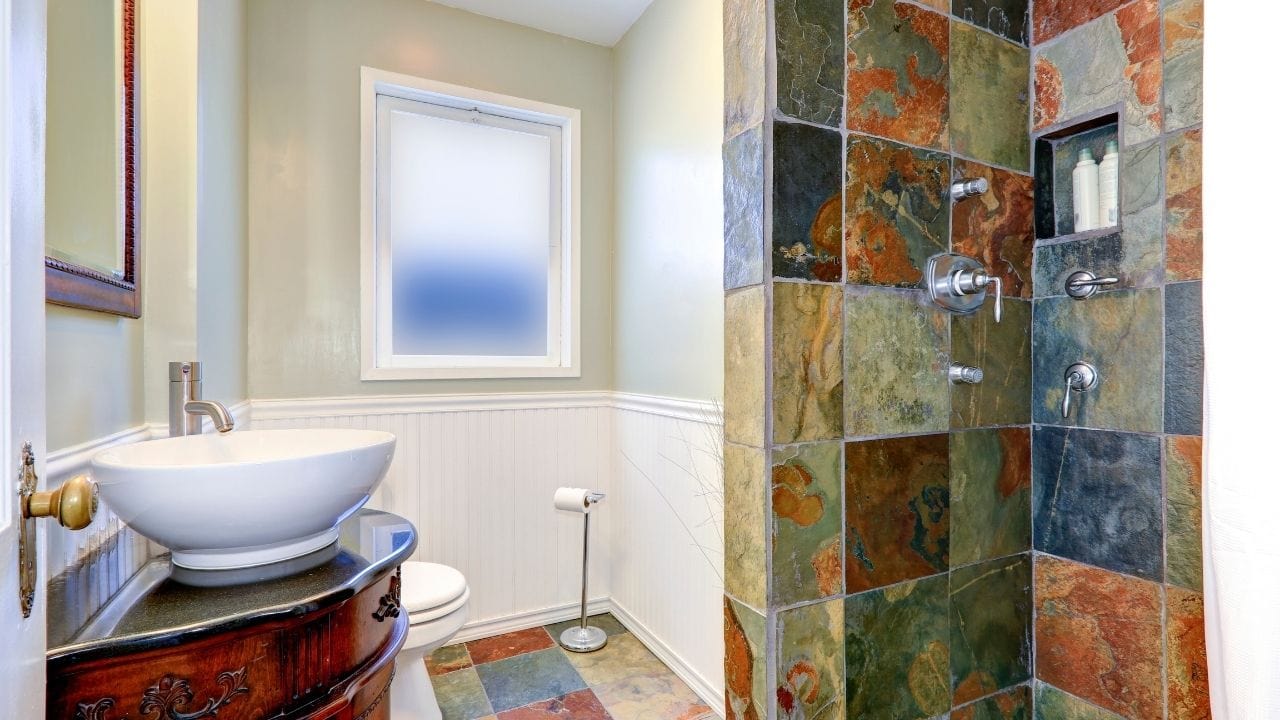
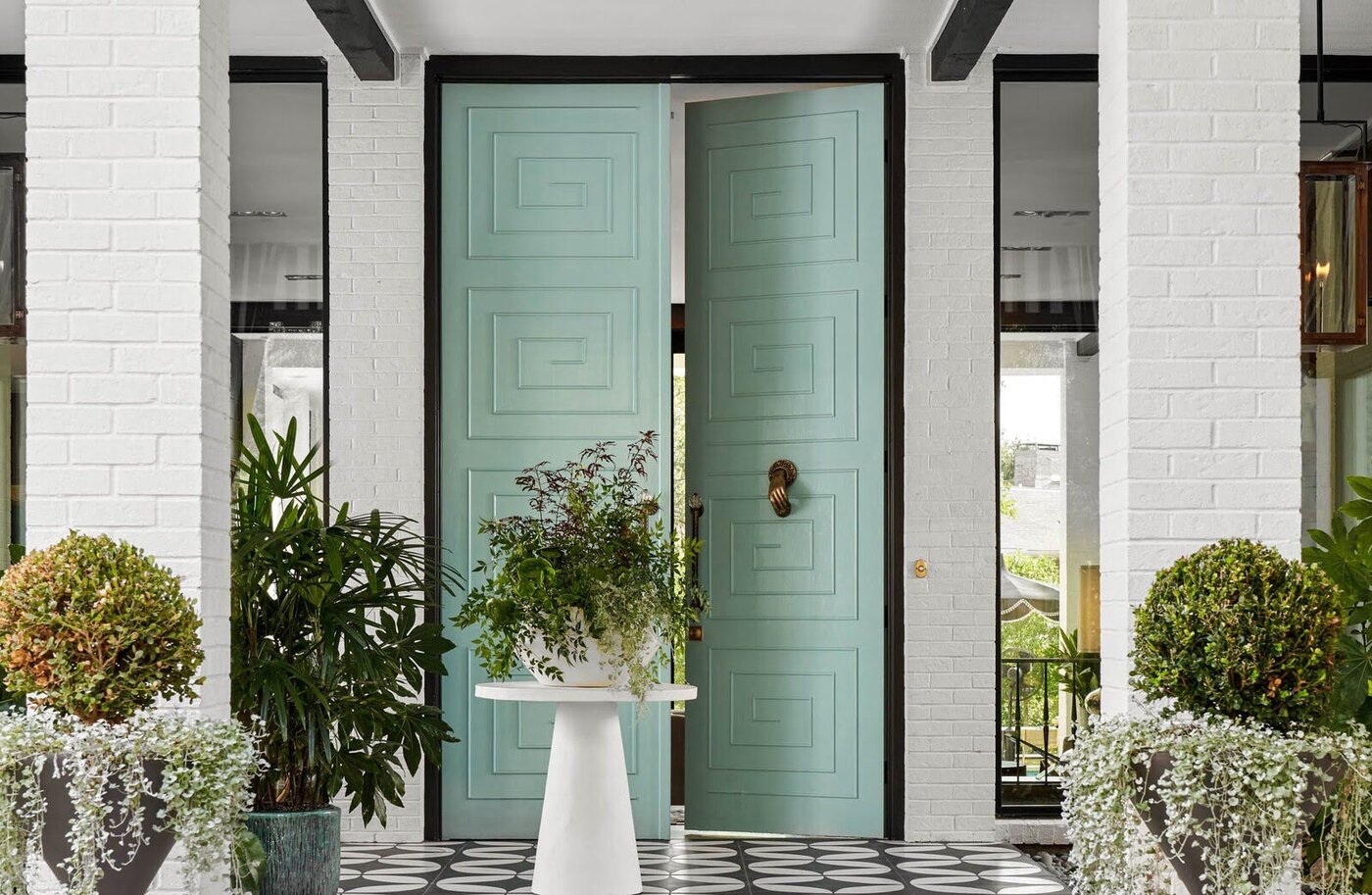
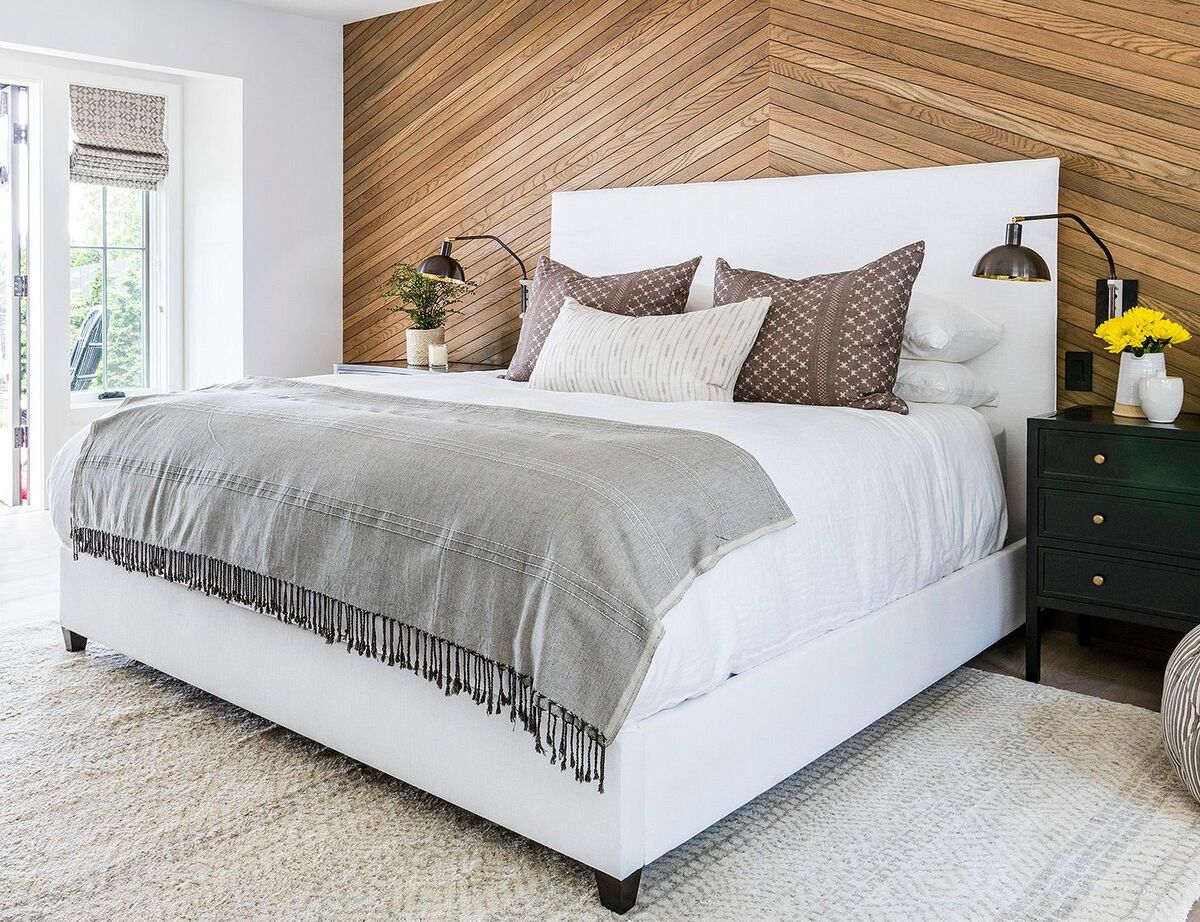

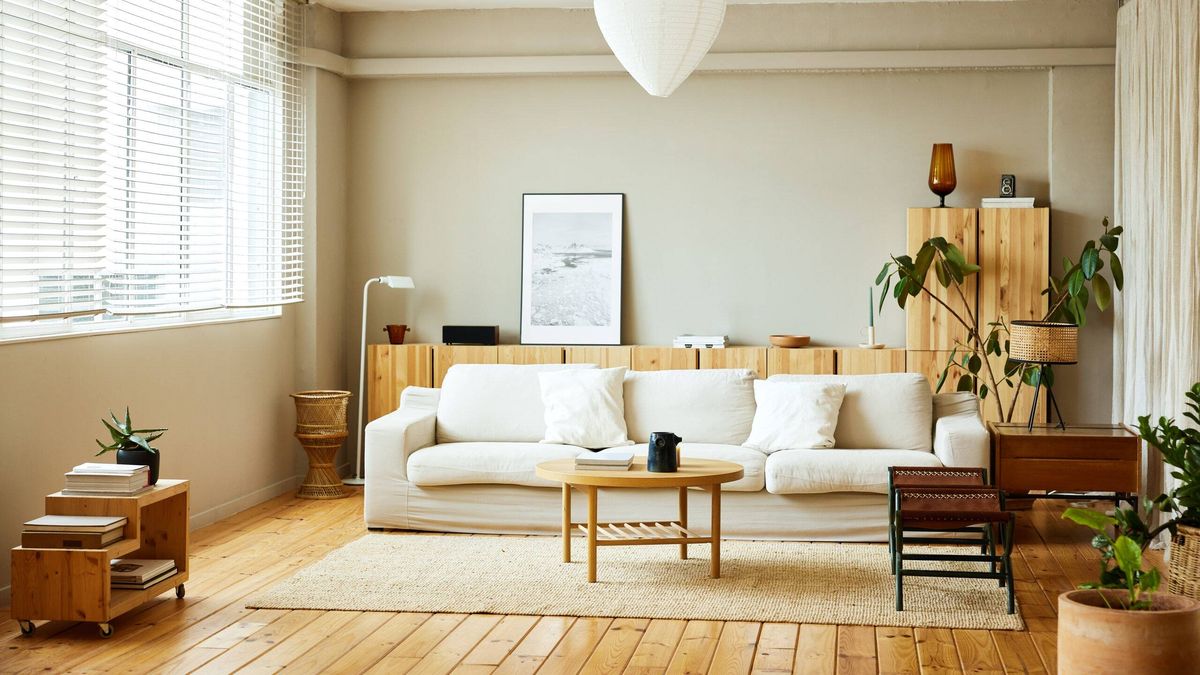

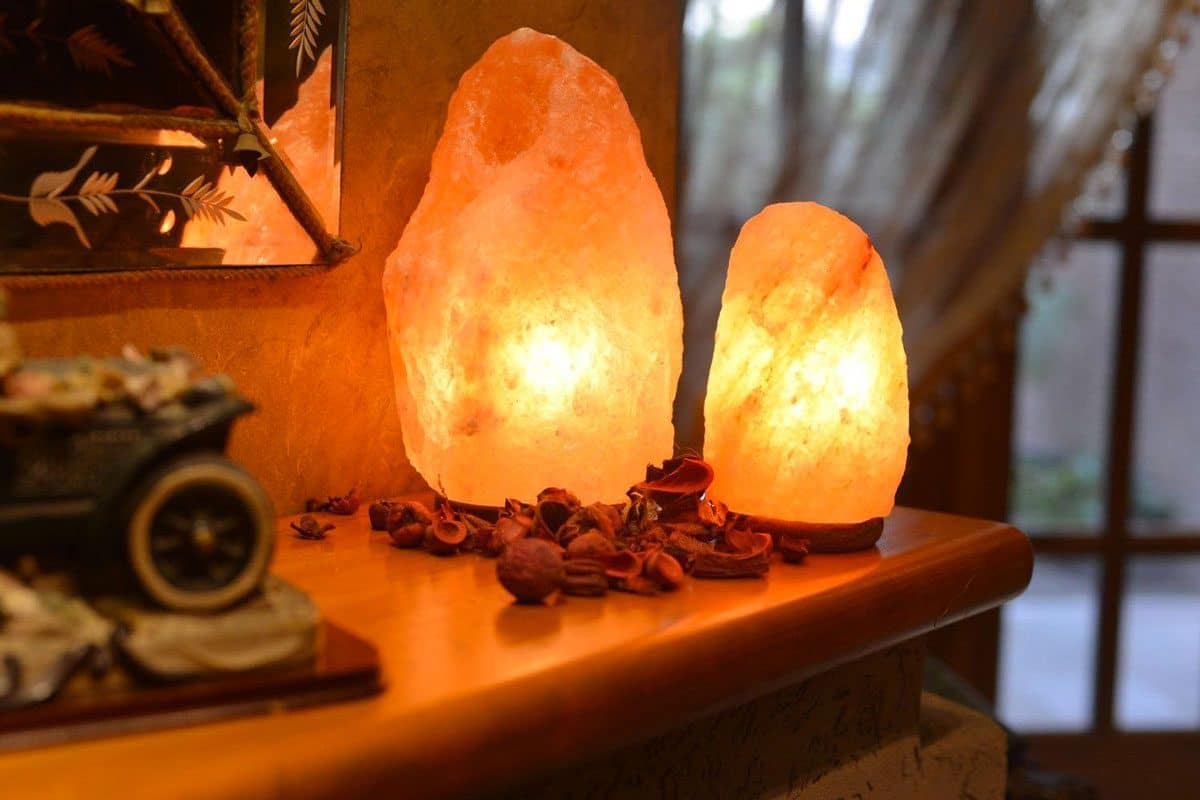



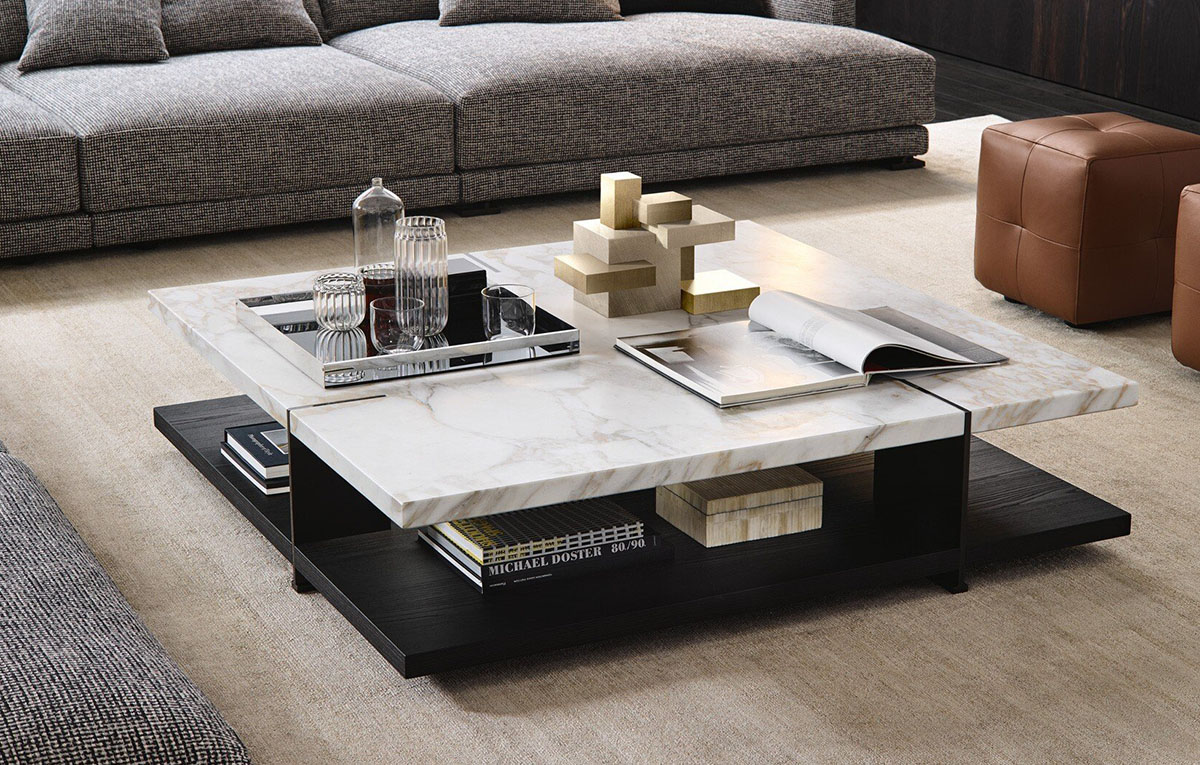
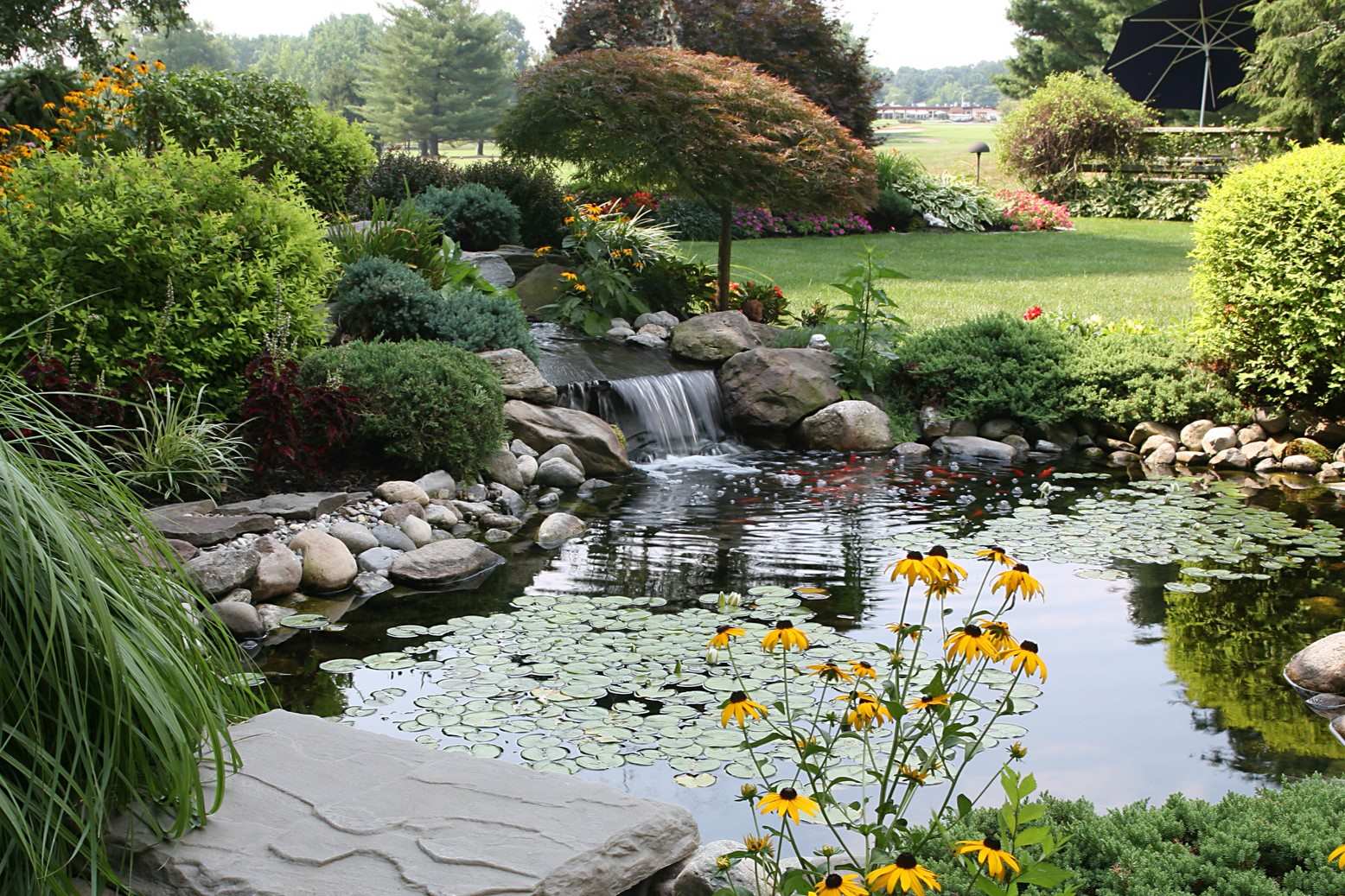
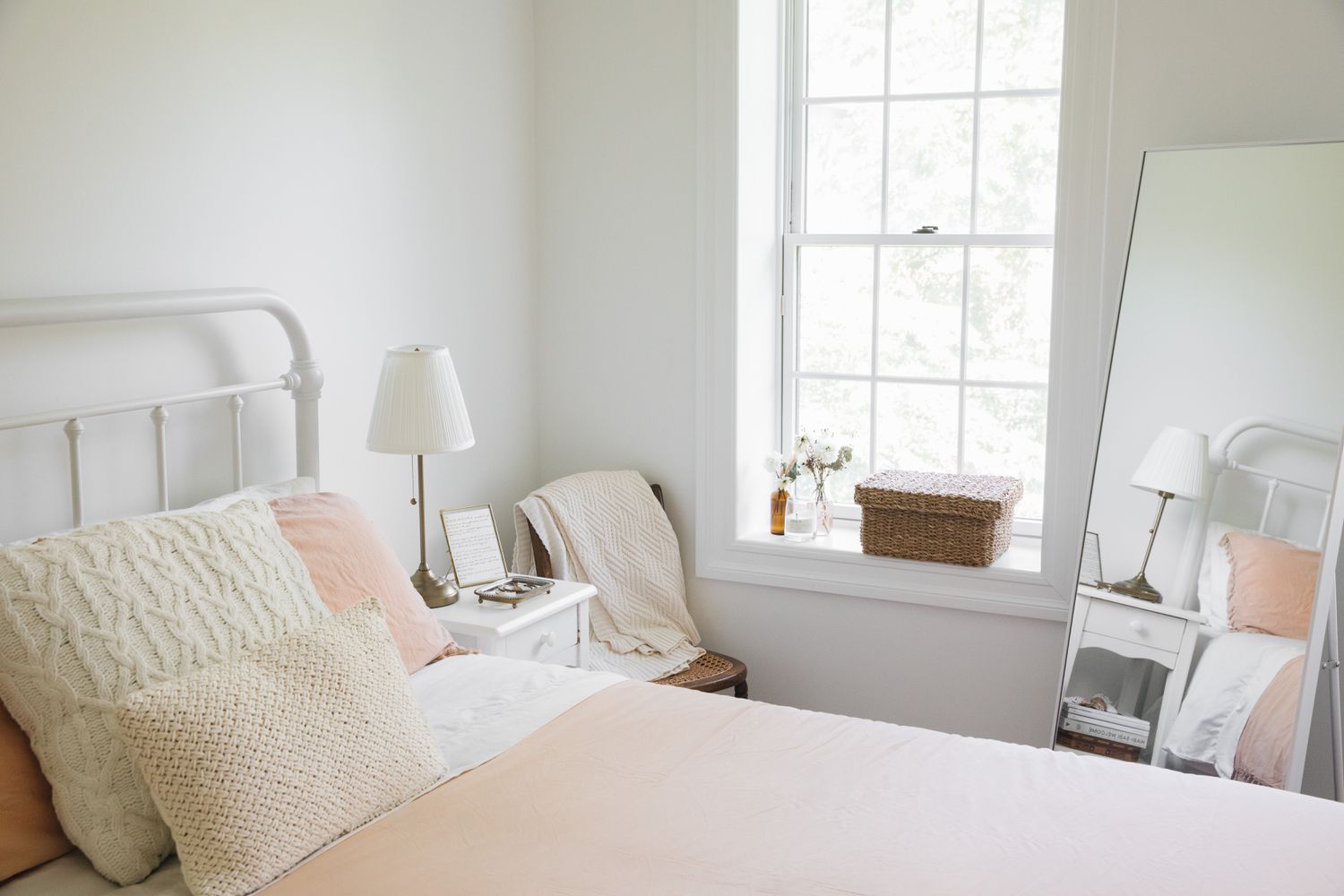
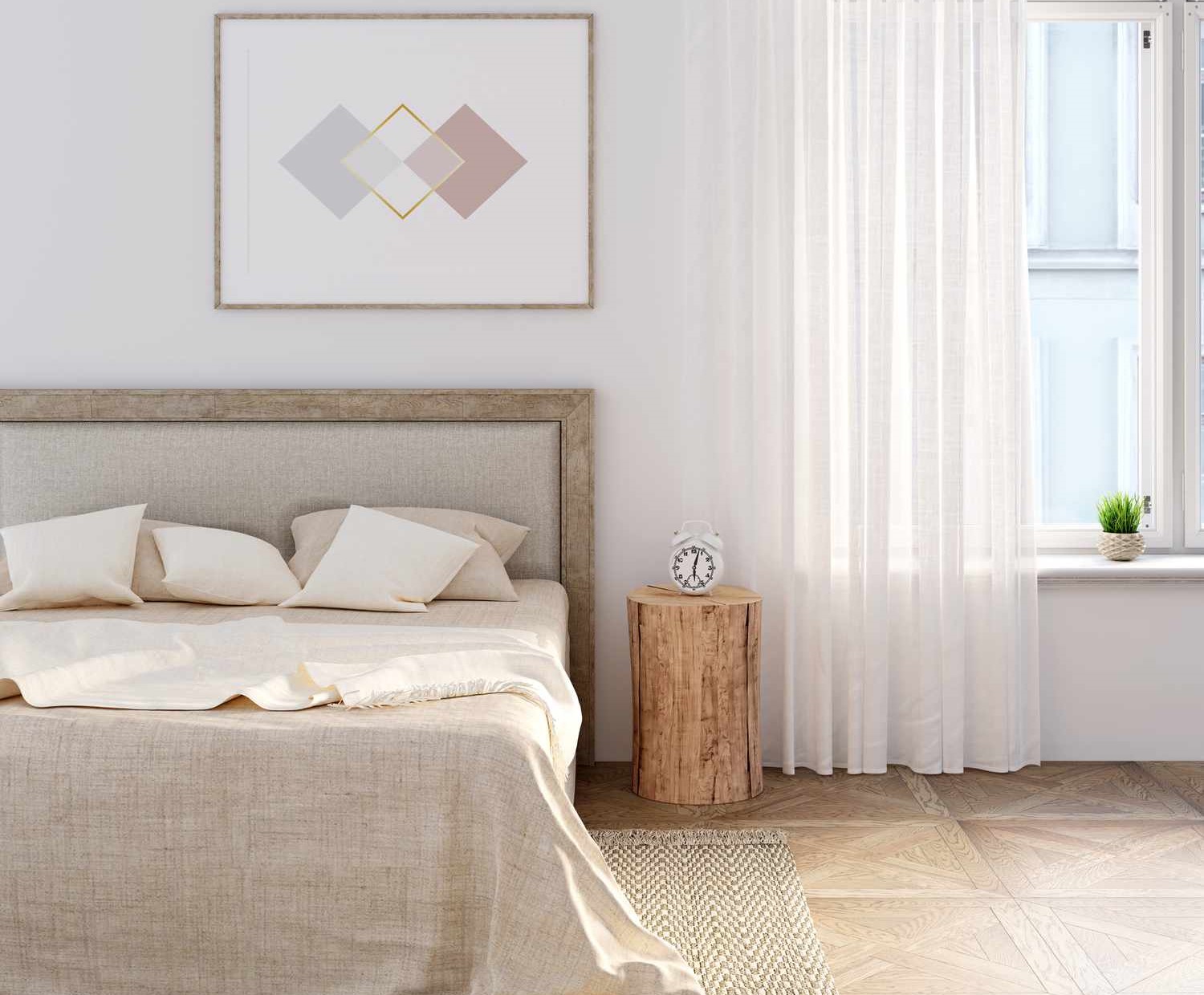
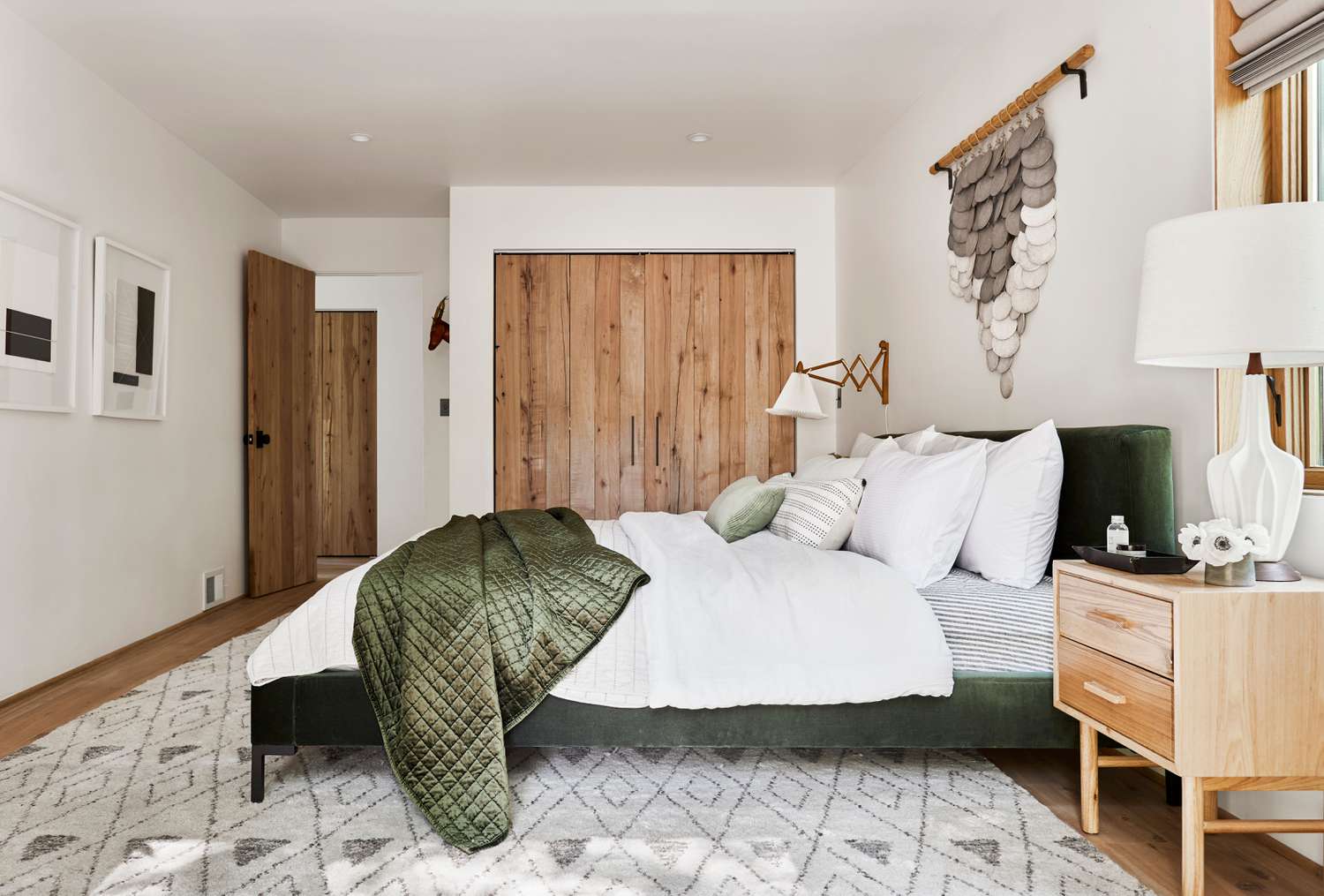

0 thoughts on “Mystic Makeover Feng Shui For Modern Homes”